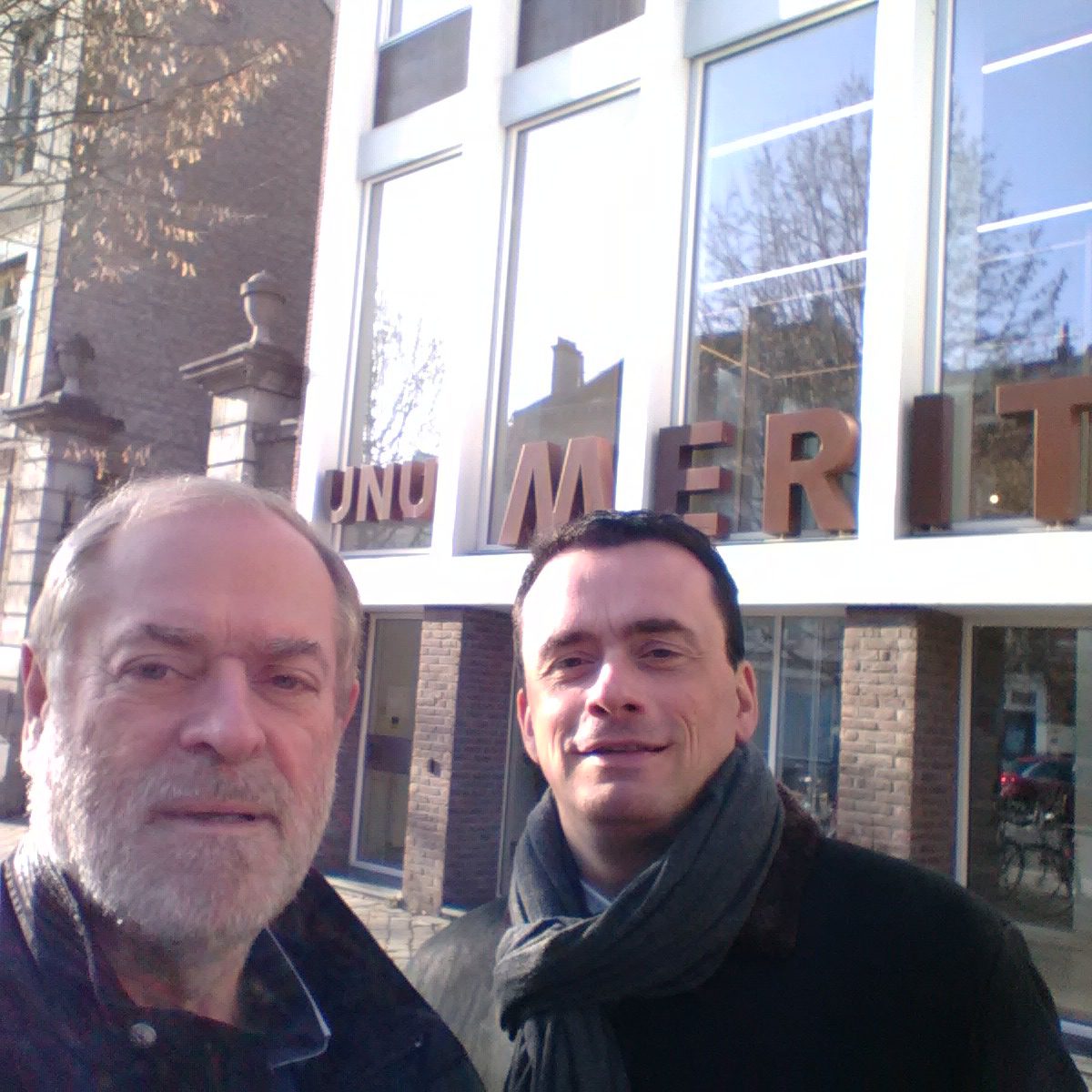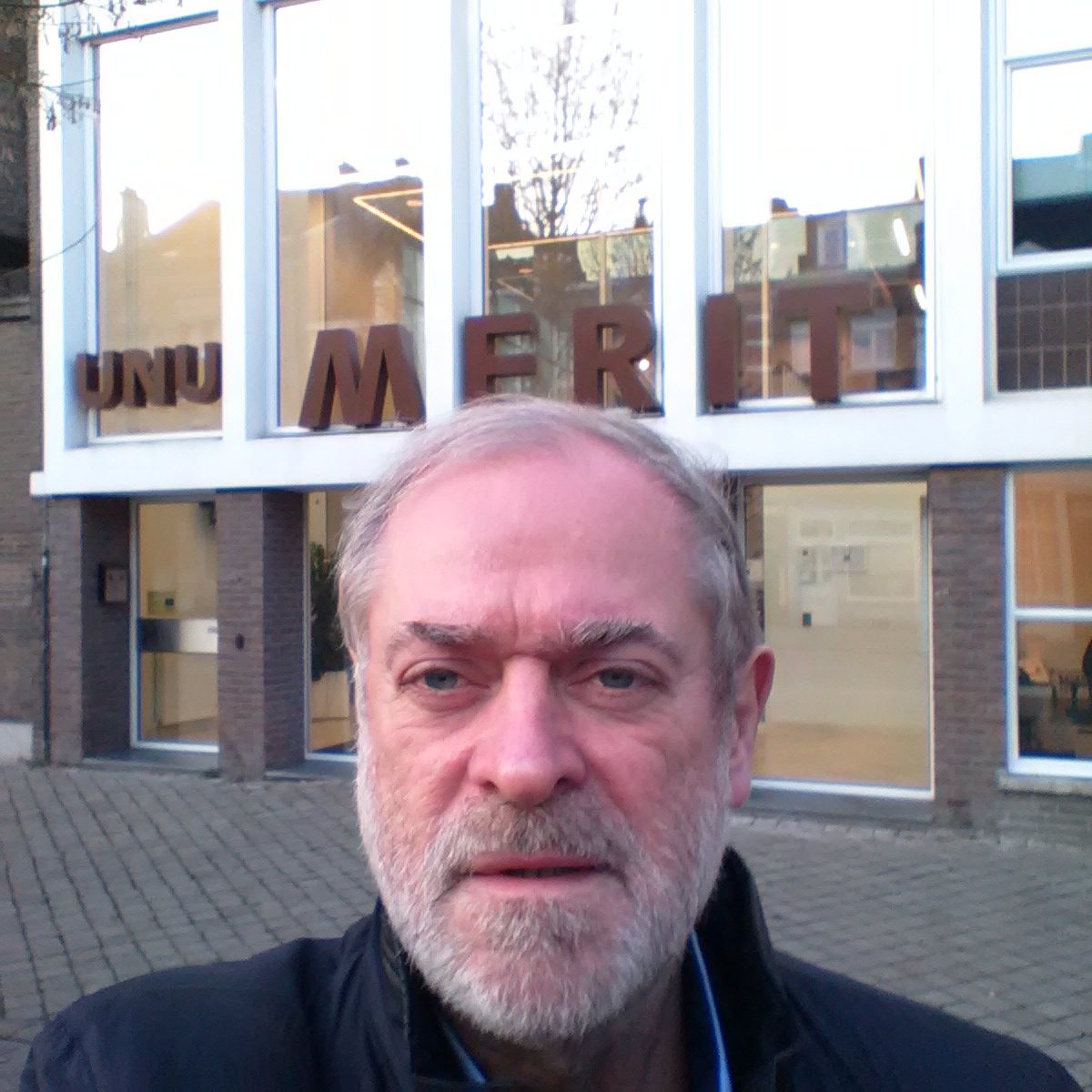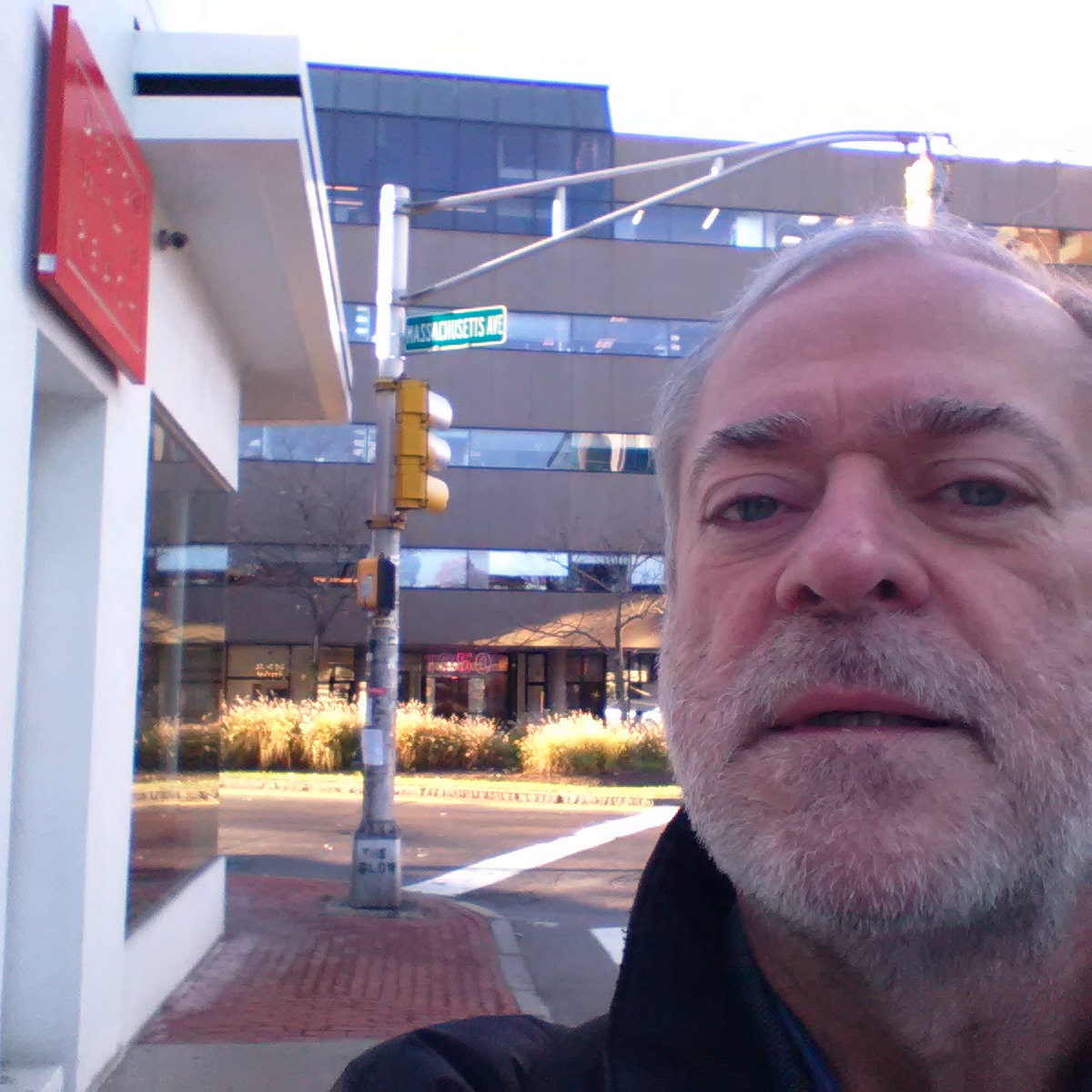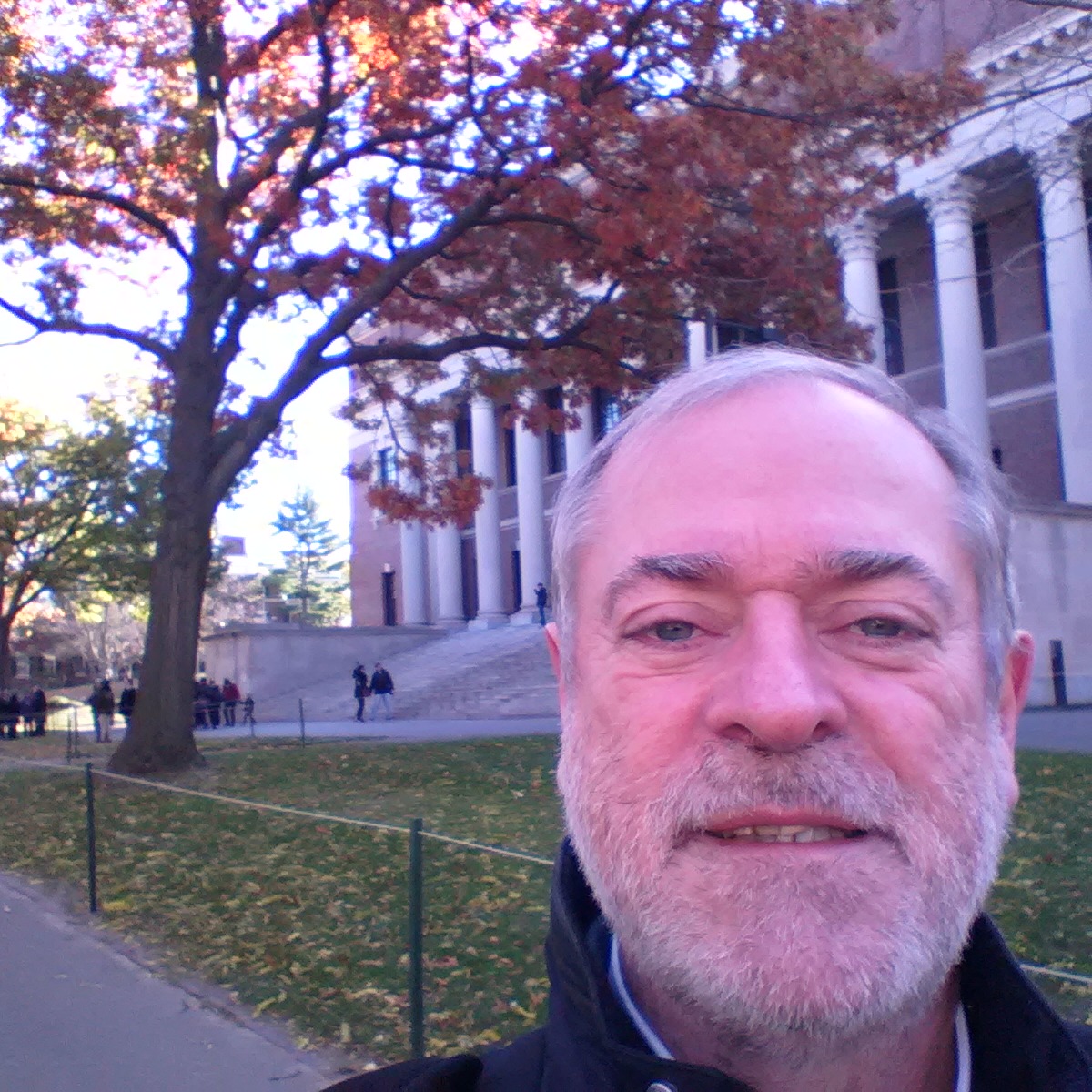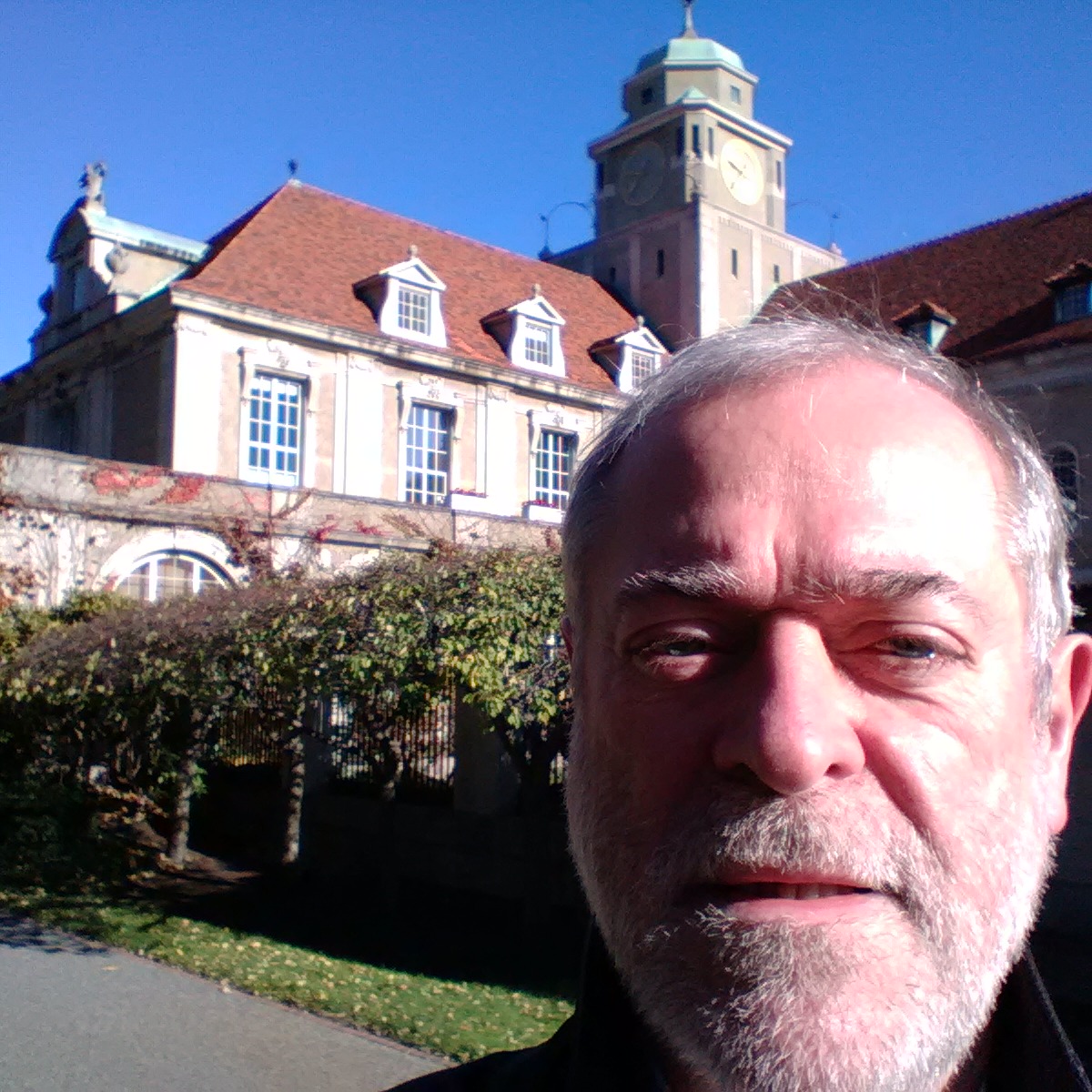Views of prominent scientists (see below) on the 30th Anniversary of the Journal of Population Economics are contained in the first issue 2017, now in print and already available online. All articles are available free of charge until December 15, 2016.
International Research on the Economics of Population, Household, and Human Resources
Editor-in-Chief: Klaus F. Zimmermann; Editors: A. Cigno; E. Tekin; J.S. Zhang; Managing Editor: Alessio J.G. Brown

Throughout the decades, the Journal of Population Economics has been at the forefront of population economics research and has strongly established itself as the leading outlet in the field of population economics. Many views on the Journal by Nobel Laureates and leading academics from economics, history, sociology, political science and demography included on the occasion of the Journal’s 30th anniversary in the editorial of issue 01/2017 bear testament to this:
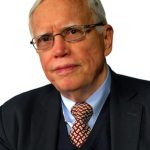 “I read each issue”
“I read each issue”
I congratulate the Journal of Population Economics on the advent of its 30th year of publication. Its founder and chief editor-Klaus Zimmermann – and his editorial boards – have done an outstanding job in creating a high quality forum for research on the economics of the household, migration, fertility, education and health. I read each issue with interest and have learned much from it over the years. I wish it continued success.
James J. Heckman, Henry Schultz Distinguished Service Professor of Economics at the University of Chicago, Nobel Prize Winner in Economics
 “will become more important than ever”
“will become more important than ever”
The core of every economy is its population and a dedicated journal was long overdue when the Journal of Population Economics was launched. With our stagnant populations, ageing and immigration the topics on which it focuses will become more important than ever. As it turns 30 it promises to occupy an ever-important place in the profession and we should all be thankful for its existence.
Sir Christopher Pissarides, Regius Professor of Economics at the London School of Economics, Nobel Prize Winner in Economics
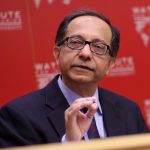 “one of the most important journals of economics”
“one of the most important journals of economics”
The Journal of Population Economics straddles an important space between demography and formal economics that, while always important, had been neglected before the journal came into existence. In the thirty years since its inception the journal has seen a most remarkable climb to prominence. It witnessed a steady rise in impact factor over the last decade and has established itself as one of the most important journals of economics.
Kaushik Basu, Chief Economist and Senior Vice President at the World Bank, Professor of Economics and C. Marks Professor at Cornell University.
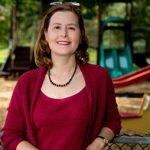 “a must read”
“a must read”
The Journal of Population Economics had become the go to place for research at the intersection of economics and demography. In a world where issues such as aging populations and migration demand policy responses, the journal has become a must read.
Janet Currie, Henry Putnam Professor of Economics and Public Affairs and Director of the Center for Health and Well-Being at Princeton University
photo credit Denise Applewhite
 look forward to the next 30 years”
look forward to the next 30 years”
In the last 30 years, the Journal of Population Economics has published influential research in many salient realms of economic life worldwide, from migration problems to gender issues, from intergenerational matters to public policies, and from inequality and poverty to health, education and economic growth.
In a world characterized by increasing political and economic uncertainty, greater flows of people around the globe, climate change and an explosion of data availability, the Journal is likely to continue to attract and publish high quality research from the expanding army of applied social scientists in all areas of population economics.
We all look forward to the next 30 years of publications in the Journal of Population Economics!
Marco Francesconi, Professor of Economics at the University of Essex, UK, and ESPE President 2017
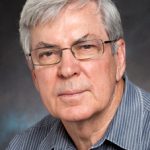 “an exceptional flagship for population economics”
“an exceptional flagship for population economics”
In somewhat typical style 29 years ago, Klaus Zimmermann, Editor-in-Chief, expressed the following ambitions for Population Economics – the new journal should cover all aspects of the fascinating, new and promising field. The journal should be international with a high reputation. The first issue should be perfectly balanced – it was not, of course, insufficient empirical work for his taste! But the promises have been truly kept. The latest issue includes empirical articles based on data from America, France, Netherlands, China, Africa, Sweden and Canada. The journal is an exceptional flagship for population economics.
Bob Gregory, Emeritus Professor of the Research School of Economics at the Australian National University
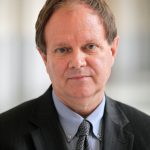 “great insights for scholars and policymakers”
“great insights for scholars and policymakers”
The areas covered by the Journal of Population Economics, everything from demographic change to migration and human capital, are vital issues for national and international development in the 21st century. For thirty years the Journal of Population Economics has published cutting-edge research in the field providing great insights for scholars and policymakers alike. Happy birthday Journal of Population Economics and congratulations to Klaus Zimmermann and the entire editorial team!
James F. Hollifield, Professor of International Political Economy and Director of the Tower Center for Political Studies at the Southern Methodist University, USA

SAMSUNG CSC
“a global forum for the rigorous exchange on scientific ideas”
It is a pleasure to congratulate the Journal of Population Economics — and its editors, authors, and reviewers – on the journal’s 30th anniversary. With every passing year, the Journal of Population Economics becomes more fully a global forum for the rigorous exchange of scientific ideas on population dynamics, stretching from a core of economic principles to join sibling disciplines in producing new theoretical and empirical knowledge.
Guillermina Jasso, Silver Professor and Professor of Sociology at New York University, USA
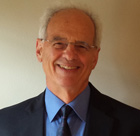 “Its reputation and success have surged”
“Its reputation and success have surged”
The Journal of Population Economics has long provided a great home for articles on population economics, and a forum for discussion of the many important scientific and policy issues involving demography. Its reputation and success have surged. Happy 30th Birthday, J Popul Econ!
Ronald Lee, Edward G. and Nancy S. Jordan Family Professor Emeritus of Economics, Professor Emeritus of Demography and Associate Director, Center for the Economics and Demography of Aging (CEDA) at University of California, Berkeley, USA
 “leading journal of economic demography”
“leading journal of economic demography”
The Journal of Population Economics has established itself as the leading journal of economic demography, covering a range of related topics in migration/immigration, development, and the economics of the family. If fills an important niche between the standard labor economics journals and the interdisciplinary demography journals.
David Neumark, Chancellor’s Professor of Economics and Director, Economic Self-Sufficiency Policy Research Institute (ESSPRI) at the University of California, Irvine, USA
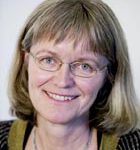 “took a vacant position among economics journals”
“took a vacant position among economics journals”
The Journal of Population Economics took a vacant position among economics journals when it started in 1987 as a high quality journal in areas like migration, family economics, human capital and education. These fields have become extremely important for economic growth and development today, 30 years later. Congratulations to the farsighted and successful founders of Journal of Population Economics and especially the pioneer Klaus Zimmermann. Best wishes for the next 30 years of great volumes from JOPE!
Nina Smith, Professor of Economics at Aarhus University
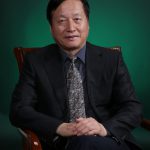 “leading outlet for academic research on economic and demographic problems”
“leading outlet for academic research on economic and demographic problems”
Congratulations for the 30th anniversary of the Journal of Population Economics! It has been a leading outlet for academic research on economic and demographic problems for the past 30 years and I am sure it will continue to be so.
Xiangquan Zeng, Professor of Economics and Director of the China Institute for Employment Research (CIER) at Renmin University of China
ENDS;

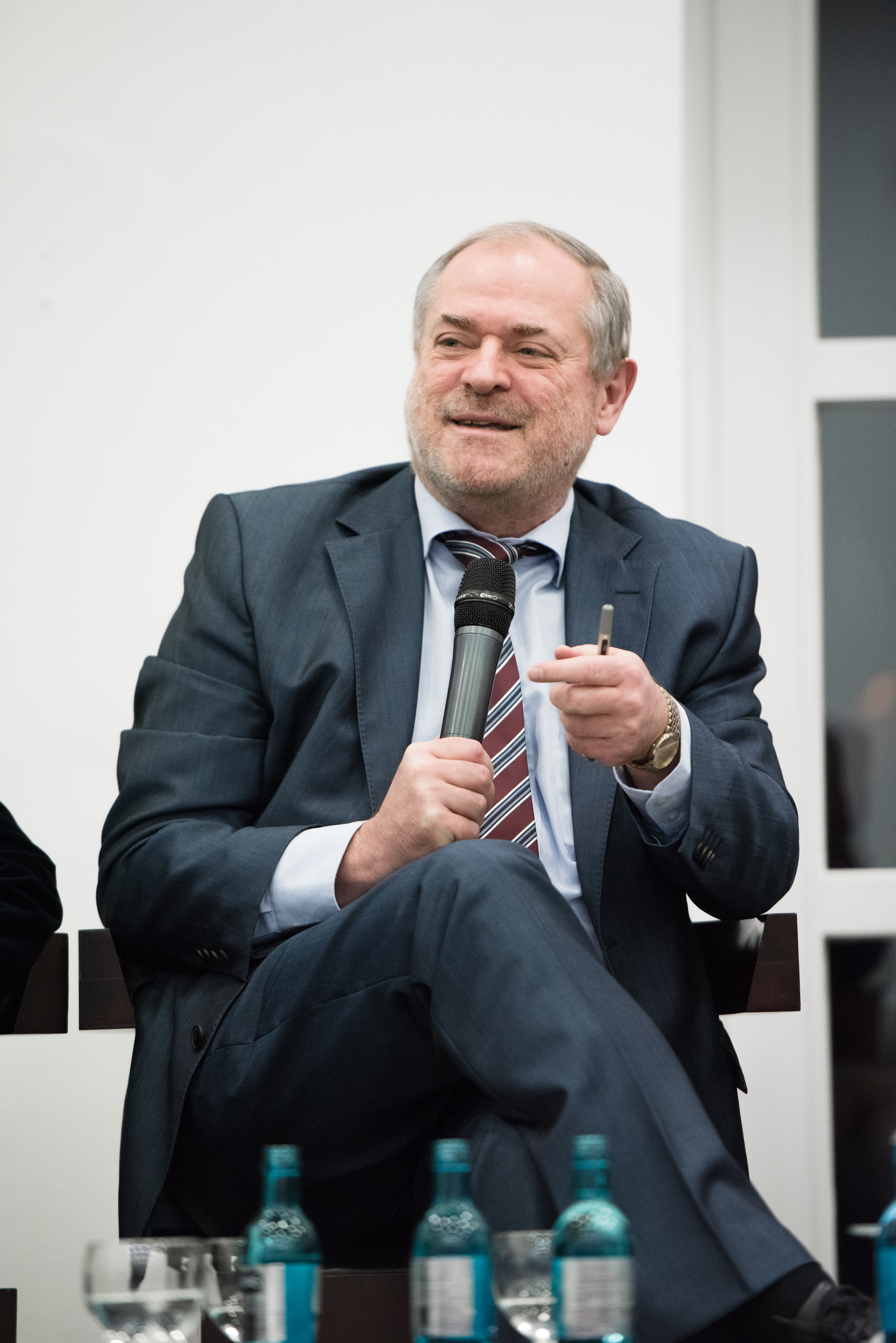
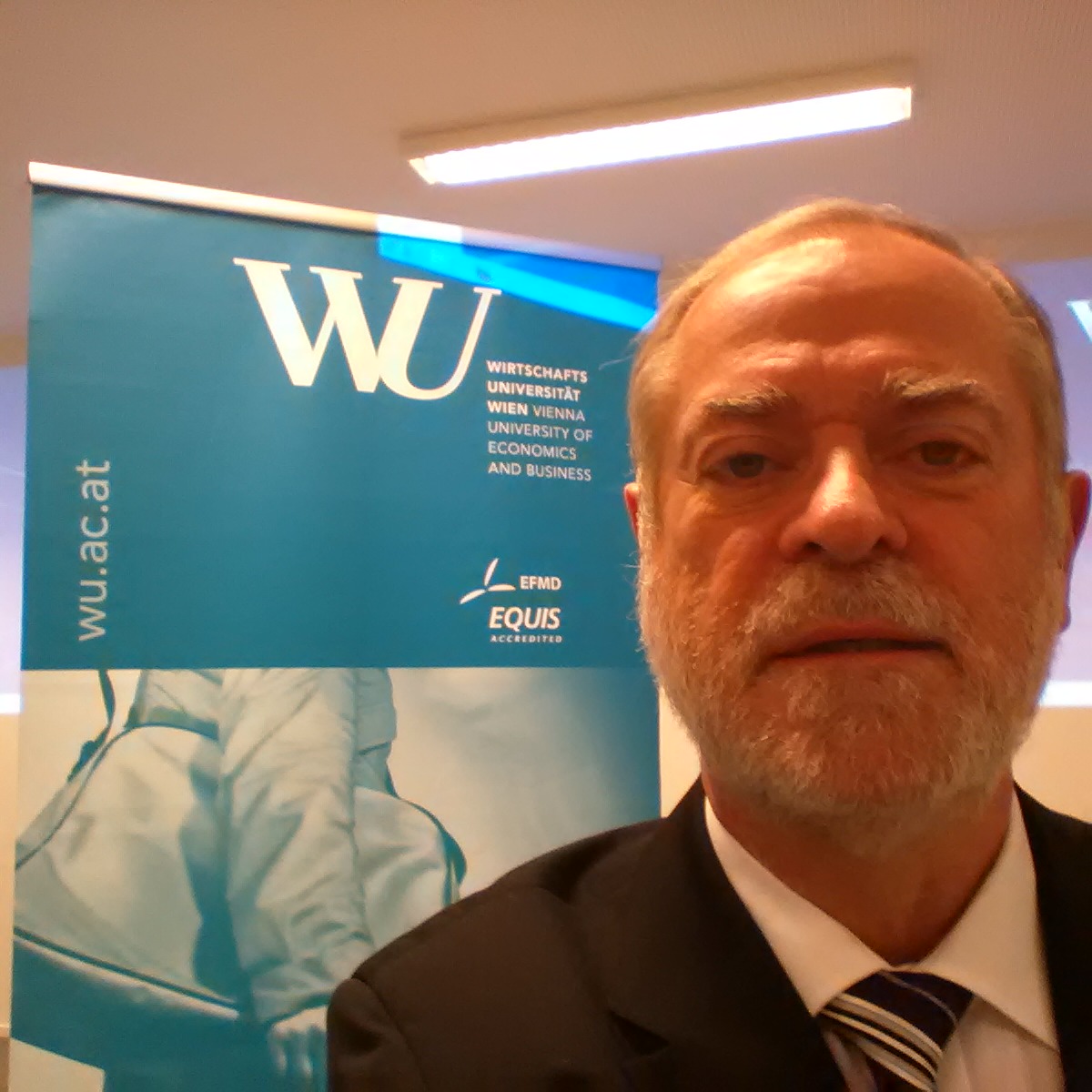

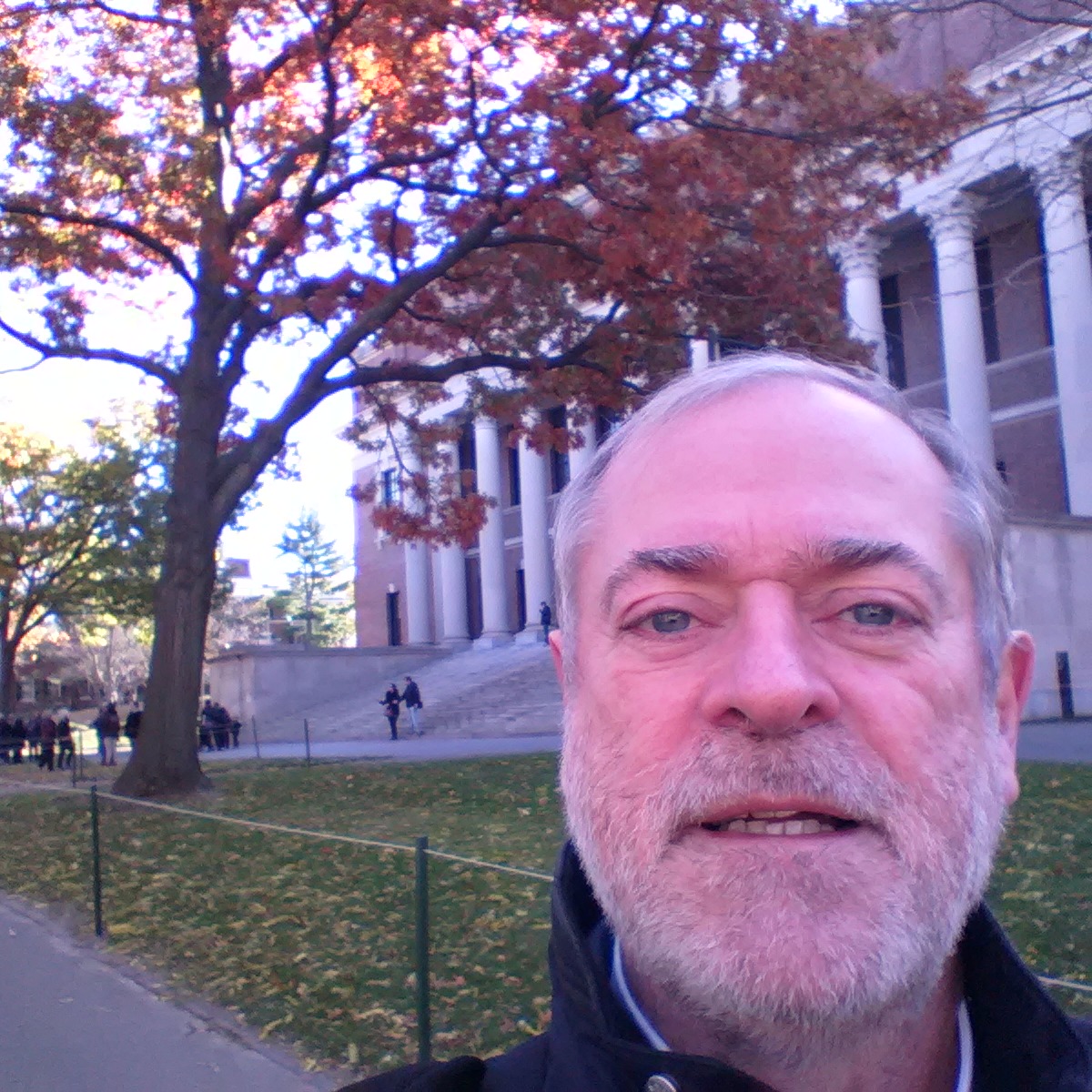
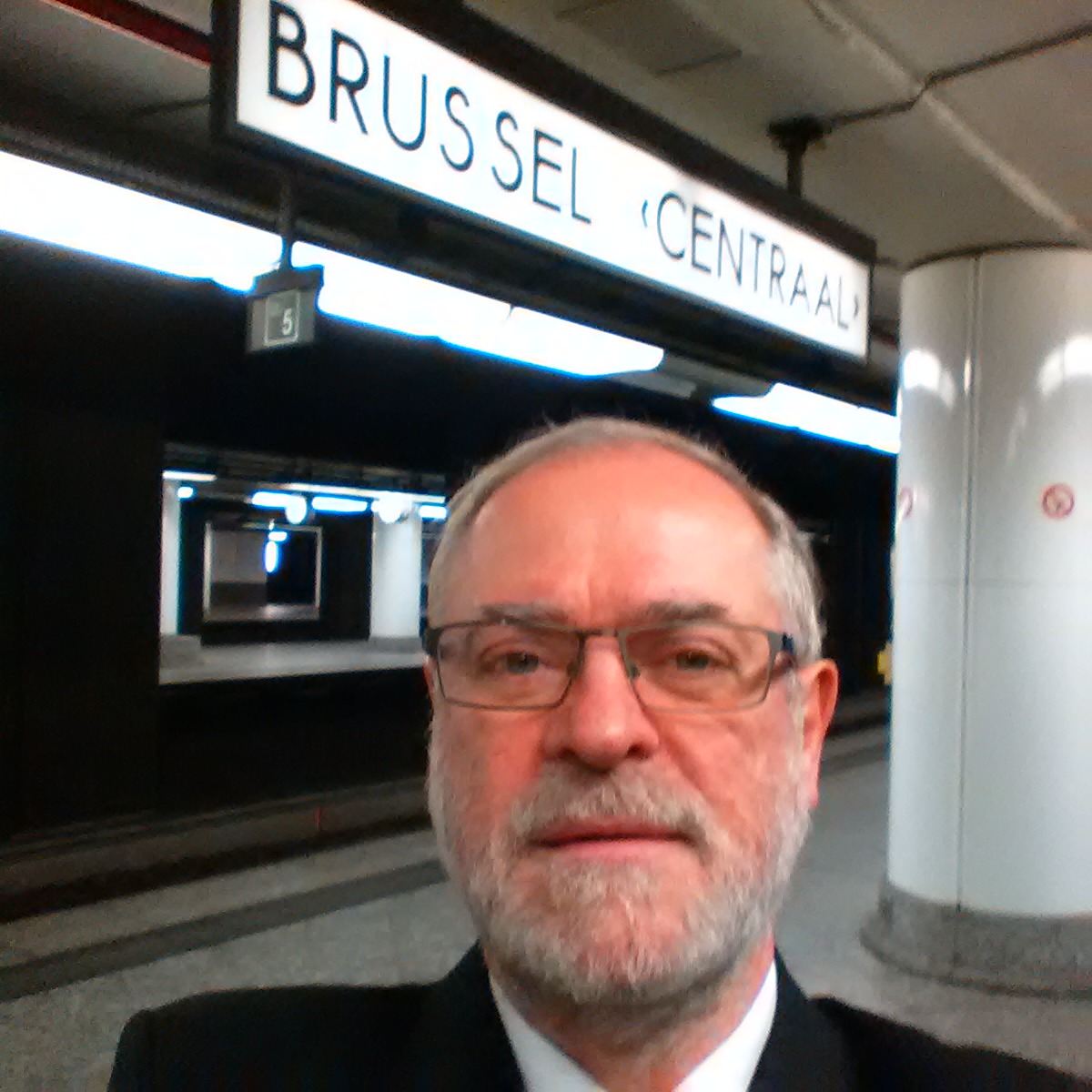

 “I read each issue”
“I read each issue” “will become more important than ever”
“will become more important than ever” “one of the most important journals of economics”
“one of the most important journals of economics” “a must read”
“a must read” look forward to the next 30 years”
look forward to the next 30 years” “an exceptional flagship for population economics”
“an exceptional flagship for population economics” “great insights for scholars and policymakers”
“great insights for scholars and policymakers”
 “Its reputation and success have surged”
“Its reputation and success have surged” “leading journal of economic demography”
“leading journal of economic demography” “took a vacant position among economics journals”
“took a vacant position among economics journals” “leading outlet for academic research on economic and demographic problems”
“leading outlet for academic research on economic and demographic problems”